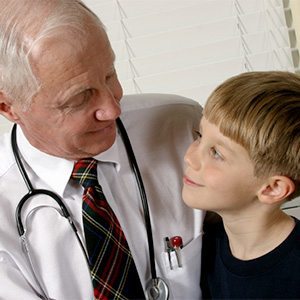Calliope Mental Health
This is a place for adults who identify, believe, or wonder if they are on the autism spectrum. It is for people who feel different or out of place within the neurotypical society. We see you and want you to feel seen by our diagnosing professionals. If you feel like you have been undiagnosed, misdiagnosed, misunderstood, or overlooked by traditional autism assessment processes, we can help.
Diagnostic services are currently provides in the following states: Alabama, Arizona, Arkansas, Colorado, Connecticut, the Commonwealth of the Northern Mariana Islands, Delaware, DC, Georgia, Idaho, Illinois, Indiana, Kansas, Kentucky, Maine, Maryland, Minnesota, Missouri, Nebraska, Nevada, New Hampshire, New Jersey, North Carolina, Ohio, Oklahoma, Pennsylvania, Texas, Utah, Virginia, Washington, West Virginia, and Wisconsin

